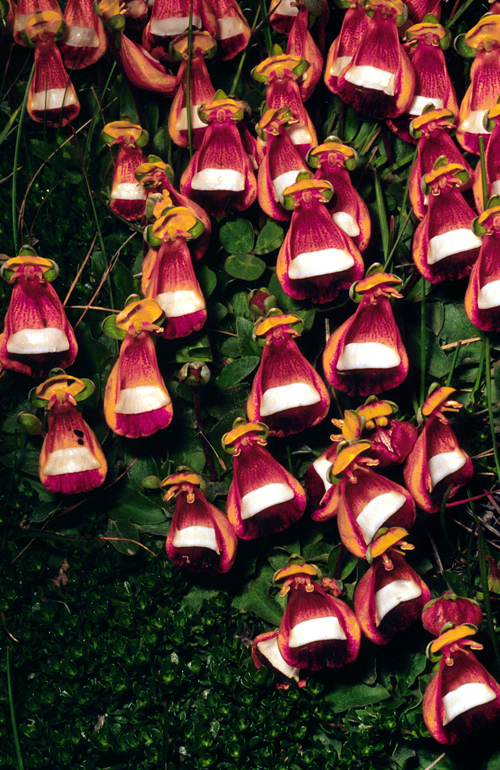Flowers are University of Georgia horticulturist Paul Thomas’s specialty. And, for holiday plant suggestions, they’re his top pick. But when asked, “What was the best plant you’ve ever gotten for Christmas?” his answer is: “A ming aralia that I got from my mother-in-law. It’s strictly a foliage plant, and it looks like a bonsai. It’s really awesome.”
Ming aralias, specifically polyscias fruticosa ‘elegans’, have carrot-like foliage and woody stems as they get older. A ming aralia was “the plant for kings and queens to have,” he said. “It grows slowly and beautifully.”
While they are beautiful and do make good gifts, they’re also a challenge, he said. The biggest danger is overwatering and over-fertilizing. They only need a tiny bit of diluted fertilizer every few months.
When it comes to buying gift plants, the best place to purchase them is at a local florist’s shop. “They have the best quality, and they’re grown by specialists for the highest quality,” he said.
Thomas likes to give flowering plants as gifts. A deep basket filled with a few pots of colored calla lilies or a basket with a cluster of cyclamen topped with white or silver grass “makes a stunning gift,” he said.
For gift giving, Thomas suggests:
• Calceolaria. The flowers look like a pocketbook, which gives it its common name of ‘pocketbook plant.’ “It’s just cool and unusual,” he said. Flower colors range from yellow to bright red with polka dots. The flowers are delicate, so handle it carefully.
The plants must be kept moist but not flooded with water. They like sunny windowsills that are cool but not freezing. There, they’ll last about a month. They can’t be saved and planted outside in Georgia, because they will die of plant diseases.
• Cinerarias. These plants look like daisies, but their colors are more intense, or, as Thomas puts it, they have “five times the impact” of daisy flowers. The blossom colors range from purple to yellow.
Like calceolaria, they need sunlight and water. “Don’t let either of these plants dry out ever,” he said. “I put them on my coffee table during the day and on the windowsill at night.” They will live about six weeks.
• Cyclamen. These plants bloom white, pink or bright red. They can be found in grocery stores, aren’t expensive and are a great substitute for poinsettias if someone is allergic to latex, which is found in poinsettia plants. Kept cool and moist, cyclamen blooms will last three to four months. “Buy five or six plants and put them in a big basket with white or silver grass, like the kind they sell at Easter,” Thomas said. “It makes a really nice Christmas gift.”
They’re also a good gift plant if the holiday you celebrate isn’t Christmas. Because they are native in Israel, they are a good choice as a Hanukkah plant, he said.
• Miniature roses. These tiny blooming beauties can do double duty as both a holiday plant and a garden attraction come spring. They prefer cool spots inside until all chance of frost has passed. Then plant them near the foundation or in another protected area of the yard.
• Calla lilies. “Normally, people would buy bouquets of calla lilies, but sometimes florists will sell calla lily bulbs in pots,” Thomas said. When growing calla lilies, their bulbs should be kept moist and their flowers dry. The stems also need to be staked so they won’t fall over and break.
“Three to four pots in a deep basket are a really nice gift,” he said. “They’ll last a long time.”
Before visiting a local florist, give them a call, Thomas said, especially if you have one type of plant you might want to give to several different people. “Get your orders in now to get the best quality for the Christmas season,” he said.









